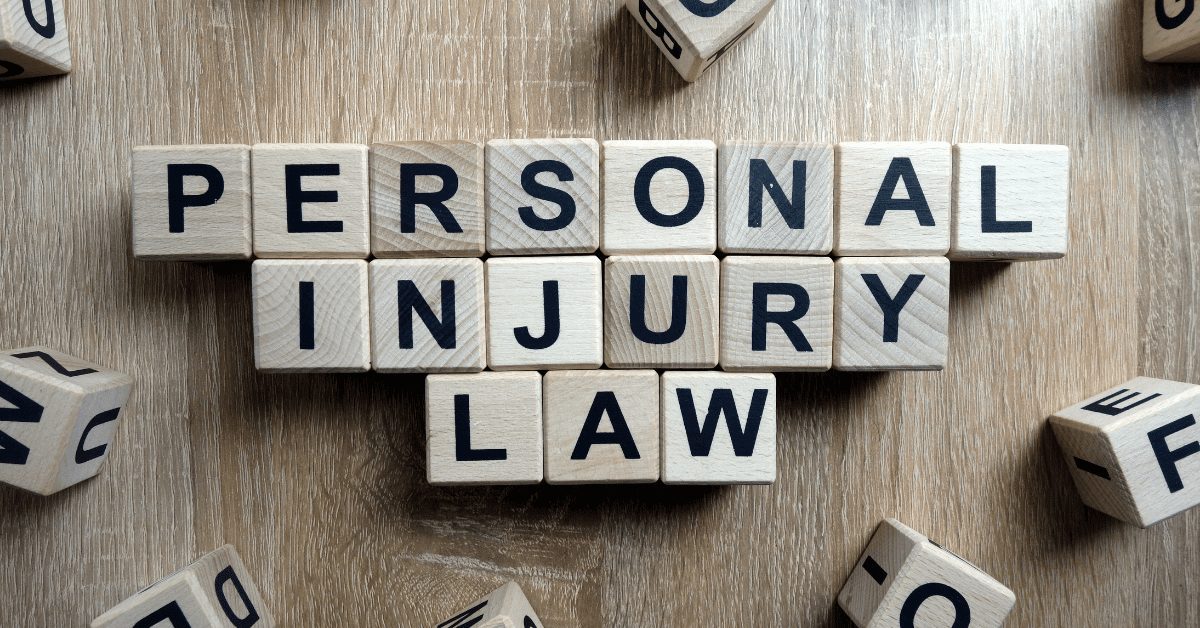What is the Difference Between Ordinary Negligence and Gross Negligence?

If you have been involved in an accident or a personal injury claim, you’ve probably heard the terms “negligence” and “gross negligence.” What you may not have heard is what those terms actually mean, how they differ from one another, and the impact each can have on your case. Don’t worry, we are here to answer the question, “what is ordinary vs. gross negligence?” with simple examples of what each requires and how the difference affects settlements.
What is Ordinary Negligence?
Ordinary negligence, typically referred to just as negligence, is the failure to use the level of care and caution that an ordinary person would have exercised under similar circumstances. If a person fails to behave in a reasonable manner and their actions or lack of precautions cause someone else harm, then they could be considered negligent.
Negligent conduct can consist of either an act or an omission to act when there is a duty to do so.
For personal injury cases, ordinary negligence can include:
- A driver running a stop sign and causing an accident
- A truck driver causing a crash while distracted by their phone
- A store owner failing to put a “Caution” sign over a wet floor
- A property owner failing to maintain a balcony, causing it to collapse
- A dog owner failing to keep their dog on a leash, allowing it to bite someone
The thing to note in all of these examples is that the harm was not intentional. The party at fault did not actively act in order to hurt somebody, rather they neglected to take reasonable precautions to prevent harm from occurring. As such, they are still liable for the injuries and damages caused. Damages sought in a personal injury lawsuit can include economic damages like medical bills and lost wages as well as non-economic damages like pain and suffering and emotional distress.
How Does an Attorney Prove Ordinary Negligence?
In order to collect damages related to an accident or injury, your attorney must establish negligence. This is the basis of every personal injury claim, and without negligence, there is no case. In order to establish negligence, your lawyer will need to demonstrate your case meets four elements:
- The Existence of a Legal Duty: The first element your attorney will want to establish is that the defendant or person believed to be responsible for your injuries owed you a legal duty to take responsible precaution to protect you from harm under the circumstances surrounding your accident or injury. Typically, we all owe one another a standard duty of care that our actions will not cause harm to other individuals.
- A Breach of Duty Occurred: After establishing that a legal duty was owed, your attorney will establish that the defendant breached their duty. For this, they will likely refer to the Hand Formula (a formula developed by Judge Learned Hand in United States v. Carroll Towing). This formula states that if the burden of taking precautions is less than the probability of injury multiplied by the gravity of any resulting injury, then a breach of duty occurred.
- An Injury Occurred: When determining whether there was an injury, your attorney will look at bodily harm and harm to property. Generally, pure economic loss alone will not meet the injury requirement; however, non-physical injuries like emotional distress may meet the bodily harm requirement.
- The Defendants Breach of Duty Caused the Injury: The final element requires that the injury can be tied back to the defendant’s actions or failure to act. Typically, this will be done through proximate cause. Proximate cause is defined as the primary cause for an injury and is determined with a “sine qua non” or “but for” rule. This rule follows that “but for” the defendant’s breach of duty, the plaintiff would not have suffered their injury.
What is Gross Negligence?
So, what is the difference between ordinary negligence and gross negligence? In a personal injury case, gross negligence is the extreme indifference to or the conscious and voluntary disregard for the safety of others. Gross negligence goes beyond the carelessness or lack of reasonable precautions seen in ordinary negligence and involves willful behavior where the conduct is likely to cause foreseeable harm.
Examples of gross negligence in a personal injury case may include:
- A driver speeding through a school zone or an area with heavy pedestrian traffic
- A repeat drunk driving offender causing a crash while intoxicated
- A surgeon amputating the wrong limb of a patient
- A doctor prescribing two medications that contraindicate each other
- A nursing home facility that fails to provide food or water for residence
Due to the extreme nature of gross negligence, the number of damages awarded to the injured party may be increased or even include punitive damages. Punitive damages are those meant to punish the defendant and deter similar behavior in the future rather than make the plaintiff whole.
Hiring a Personal Injury Lawyer to Pursue a Negligence Claim
If you have suffered an injury due to ordinary negligence or gross negligence, you should contact a reputable attorney as soon as possible to represent your claim. Thomas J. Henry Law has represented victims of negligence for more than 25 years. Over that time, the firm has earned a reputation for securing record-breaking verdicts, settlements, and judgments for its clients. Our founder, Thomas J. Henry, has received national recognition for his success in the legal industry and his ability to achieve favorable outcomes for his clients.
Thomas J. Henry was named one of the Best San Antonio Lawyers by San Antonio Scene for three consecutive years (2018, 2019, and 2020) and was recognized as the Best Attorney of San Antonio by the San Antonio Current in 2019 and 2020. He is a lifetime member of Rue Ratings’ “Best Attorneys of America” and his firm, Thomas J. Henry Law, was named one of the Top Law Firms of 2020 by Newsweek.com.
Do not wait, speak with an attorney about your personal injury case today during a FREE case consultation.
Blog












